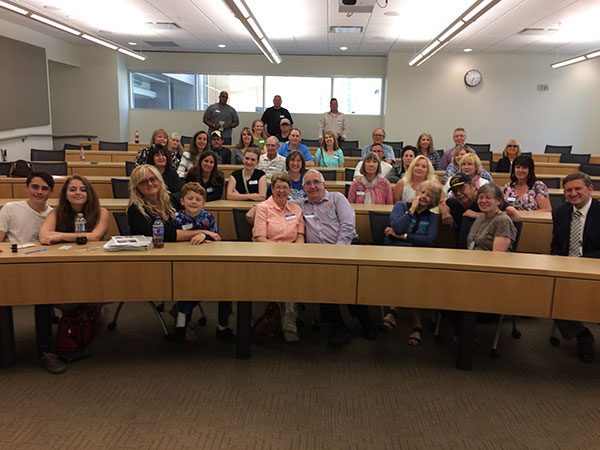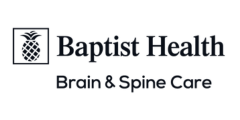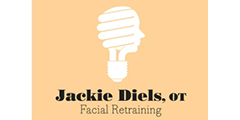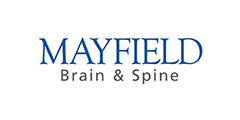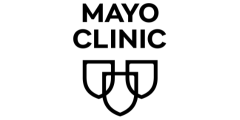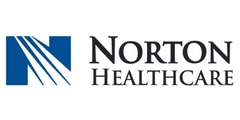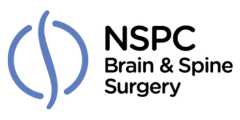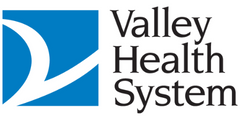Caregiver Overview
As a caregiver of an individual with acoustic neuroma, we want you to be informed, educated, and supported. Being a caregiver can be a challenging role. A person diagnosed with acoustic neuroma may experience side effects that may impact their quality of life. While side effects may or may not improve with treatment, caregivers are essential to help patients navigate the many steps of the AN journey. You are not alone, and we encourage you to take advantage of our caregiver resources.
Caregiver Virtual Support Group
Meets several times a year. Moderated by ANA Peer Mentors.
Peer Mentor Program
The ANA provides access to quality Peer Mentors, several are acoustic neuroma caregivers. Connect with a mentor for one-on-one support.
Dealing with the New Normal Tips and Suggestions for Coping
Caregiver Tips:
- Take care of your own physical and mental health needs. You've probably heard this before, ”You can't take care of someone else if you don't take care of yourself.” Be aware of your stress levels, take breaks, exercise, and talk to a friend. Only you know what works best for you.
- Ask for help! We all have our limitations, be aware of your strengths and abilities. When people offer to help, accept the offer – caregiving is definitely more than a one person job.
- Be flexible. You will encounter situations where you may have to re-evaluate your needs and priorities. Things you did in the past may have to be looked at in new ways and new strategies developed to help you accomplish your tasks and manage your new responsibilities.
- Educate yourself about your loved one's condition. This will help you better communicate with medical health professionals and other health care providers about treatment and care.
- Seek resources. Ask yourself, ”What people/organizations/information will make my caregiving easier/better?” Be specific and selective about the resources you need. See Caregivers Resources for useful tools for caregivers to utilize in finding additional information and support.
Connect with us:
Manager, Volunteer Programs
678-968-4705


